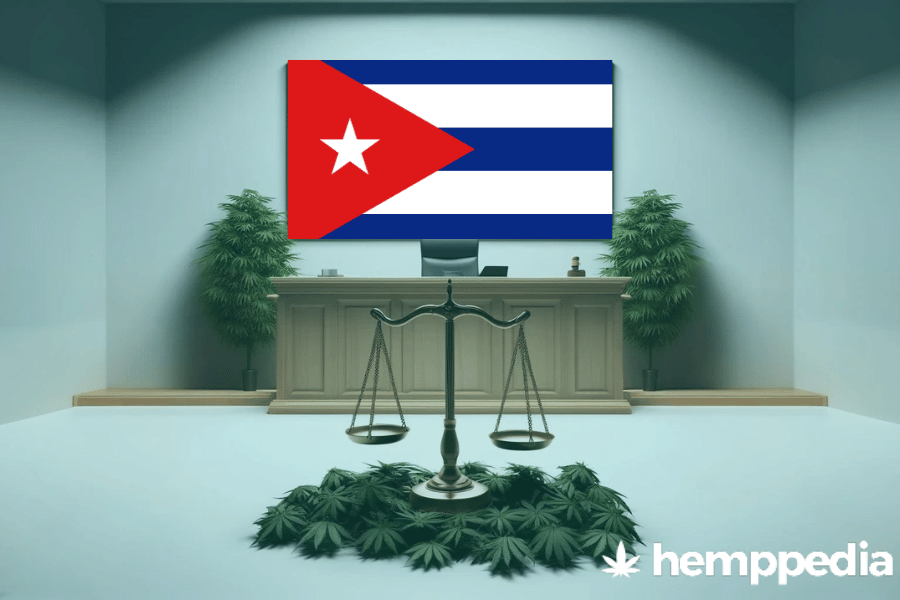Is CBD Legal in Cuba?
TL;DR
In the Republic of Cuba, the legal status of Cannabidiol (CBD) is unclear. There are no specific laws or regulations in relation to the possession, use, cultivation or sale of CBD. However, despite the legal ambivalence, CBD products are not readily available, thus implying restrictions. This blog post aims to delve into the existing legislation pertaining to CBD, highlighting the nuances of its legal status.Table: Summary of CBD Laws in Cuba
| Legal Aspect | Status |
|---|---|
| Possession | Unclear |
| Use | Unclear |
| Manufacturing / Cultivation | Unclear |
| Sale | Restricted |
Overview of CBD Legislation
CBD, or Cannabidiol, is a non-psychoactive compound derived from the cannabis plant. Unlike THC, another major compound in cannabis, CBD does not have intoxicating effects. This differentiates CBD from other cannabis products in legal terms. Globally, CBD regulation is not standardized, cultivating a diverse landscape of laws.
Legal StatusIn Cuba, CBD is not explicitly outlawed, nor is it regulated. The legal vacuum creates an ambiguous situation where it is neither illegal nor legal. As there are no policy specifications regarding CBD, users and potential users must navigate a complex and murky climate.
Historical Context
Cuba’s laws have traditionally been stringent on drugs, including cannabis. However, there are no clear legislative moves pertaining specifically to CBD. The scarcity of legislative activity conveys an apparent lack of governmental focus on CBD regulation.
Possession, Use, Cultivation, and Sales
Due to the legal enigma surrounding CBD in Cuba, there are no precise regulations concerning its possession, use, or cultivation. With no clear guidelines, consumers and producers are left to interpret the law themselves. As a result, selling CBD products in Cuba is risky and availability is limited. If considering importing CBD products for personal use, individuals must understand the potential legal implications and navigate carefully.
Enforcement and Penalties
As with possession, use, and cultivation, the enforcement and penalties surrounding CBD in Cuba are undefined. In absence of clear directives, it is still advisable to exercise caution given Cuba’s overall strict stance on drug-related offenses.
Comparative Analysis
Compared to other countries, such as the United States and Canada, where CBD is federally legal (with certain restrictions), Cuba’s CBD legislation remains unformed. Many nations have regulations governing CBD, but in Cuba it is overshadowed by broader drug law enforcement.
Conclusion
In sum, CBD’s legal situation in Cuba is a grey zone. While not explicitly illegal, lack of governmental guidance and potential association with illegal drug activity crafts an environment of caution around its use. As more countries adopt CBD regulations, it remains to be seen how Cuba will adjust to this global trend.





